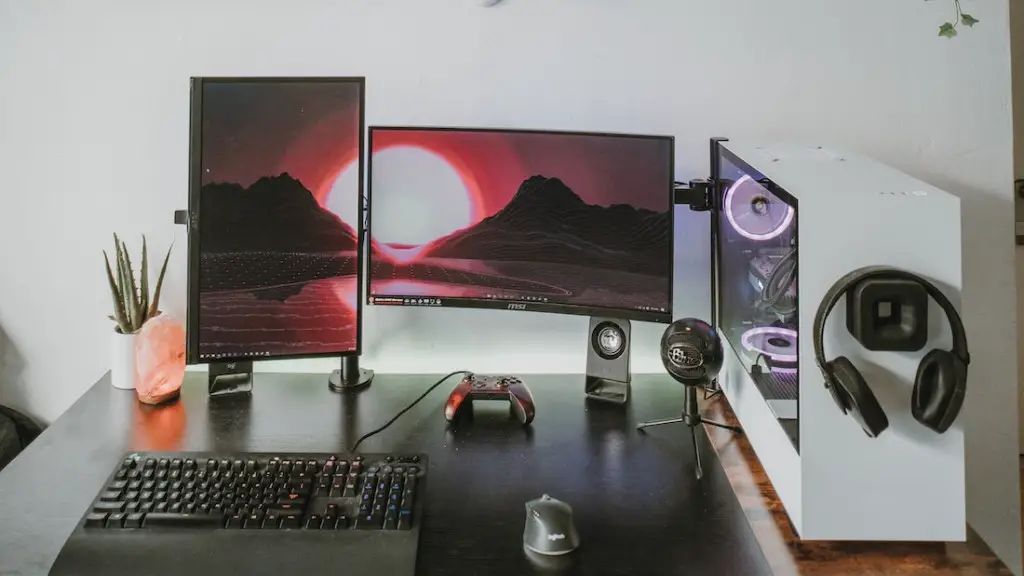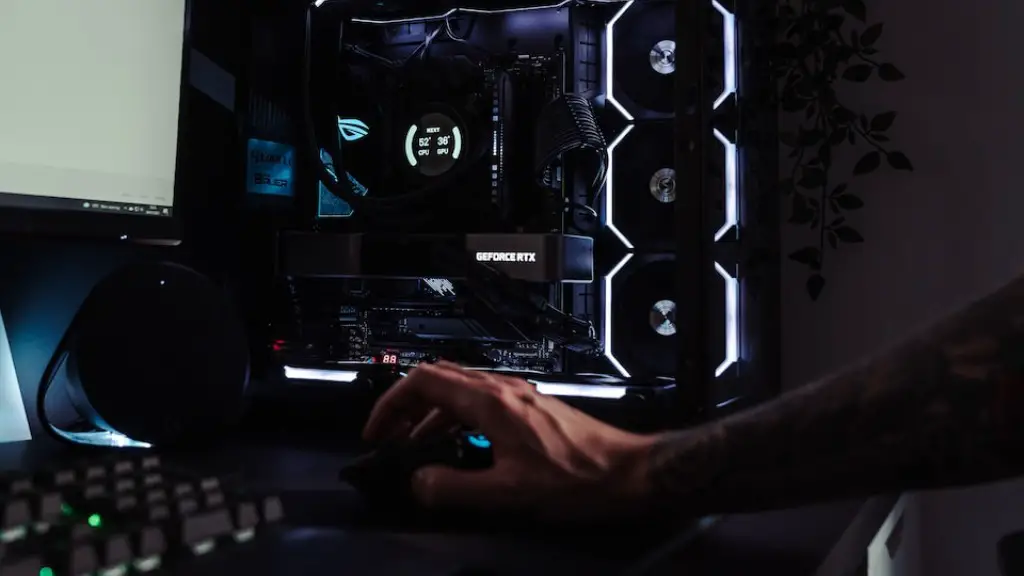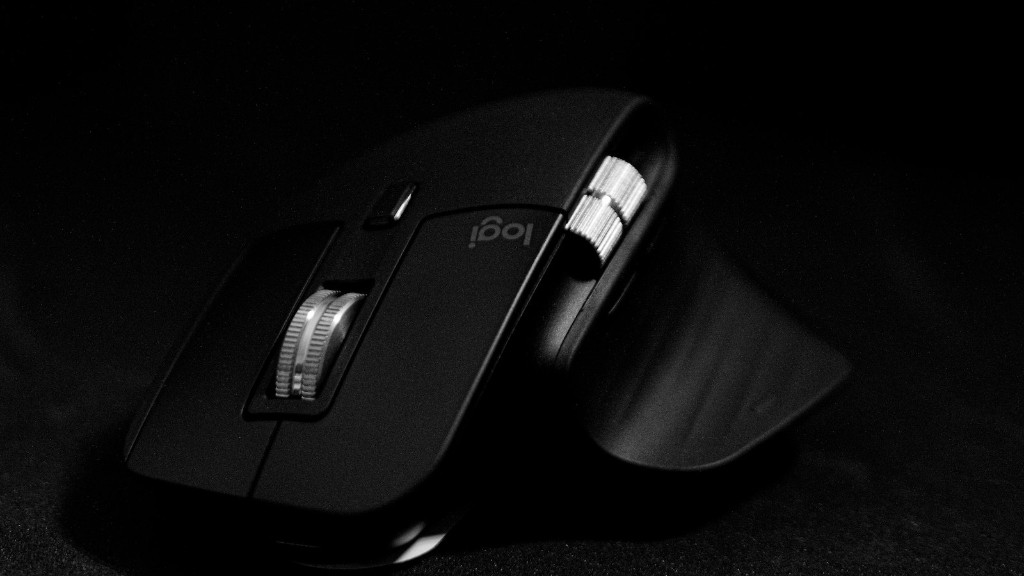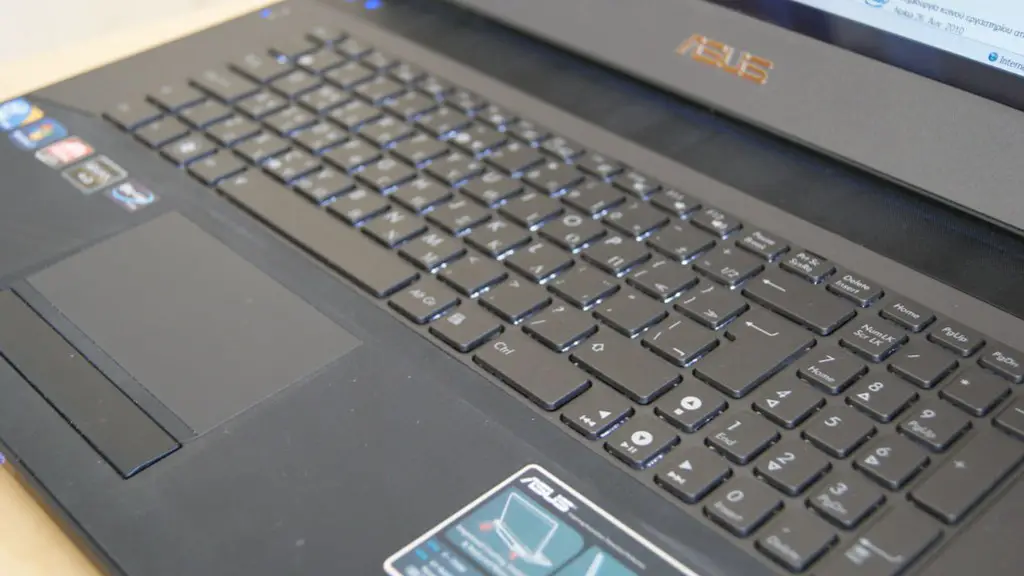Building a gaming PC for under 200 dollars is a great way to get started in the world of PC gaming without breaking the bank. But, that doesn’t mean you’re going to end up with a top-of-the-line machine. This article will discuss the components that go into a budget-friendly gaming PC and how to assemble them for the best performance without spending too much.
The most important component in any gaming PC is the CPU. When building a PC on a budget, look for a processor with at least two cores, but preferably four or more. An Intel i3 or Ryzen 3 is a great choice for a budget gaming system.
Another important component is the GPU. You’ll want to invest in a decent graphics card if you want to play modern games at higher settings. For a budget-friendly AIB card (add-in board), Nvidia’s GTX 1050 or AMD’s RX 560 are both good choices.
The motherboard is the backbone of any gaming PC, so it should be chosen carefully. A B450 or B550 chipset motherboard with a socket that matches the processor you’re using is a good choice for budget-friendly builds.
The RAM is the next essential component. 8GB of RAM is recommended for budget builds, with 16GB being ideal. DDR4 RAM is the best choice for gaming PCs, but make sure it is compatible with the processor and motherboard.
Next, you’ll need a storage drive. For budget builds, a 1TB hard drive is an economical choice. For faster loading times, consider pairing it with a speedy SSD or even an NVMe drive.
Finally, you’ll need to invest in a decent case and power supply. The case you choose will depend on your individual needs, but a good budget-friendly choice is a mid-tower with at least two fans. For the power supply, look for one with at least 400W of output and 80Plus certification.
Optimizations
Once you’ve put together the hardware, there are a few other steps that can help you get the most out of your 200 dollar gaming PC. The first is to update the drivers and BIOS of your motherboard and CPU. This will ensure that you are getting the latest bug fixes and optimizations for your setup.
The next step is to overclock your components if possible. Overclocking can help squeeze out some extra performance from your hardware. However, do note that it does also increase temperatures and power consumption.
Next, you’ll want to manually set the graphics settings in the games you play. Many games have predetermined graphics settings, but setting them manually can produce better results. Overclocking your graphics card can also help with this.
Finally, make sure to keep your system cool with a good quality cooler. Air or liquid AIO coolers will both work well for budget builds. Overheating can cause all kinds of problems, so make sure to keep your system running nice and cool.
Peripherals
Besides the hardware components, peripherals are also important for completing a gaming setup. The most important of these are a monitor, keyboard, mouse and headset. A 60hz 1080p monitor is an affordable choice for budget systems.
For keyboards, look for something with mechanical switches if you can afford it. Otherwise, a budget membrane keyboard with a good feel should suffice. As for mice, look for an ambidextrous design with at least two buttons.
Headsets are essential for anyone playing online games. Look for a headset with a microphone and decent sound for the best experience. A solid budget-friendly choice is the HyperX Cloud headset.
Lastly, a gaming chair is a luxury item that many gamers would love to invest in. While it’s not technically necessary, it can make gaming sessions more comfortable and enjoyable.
Operating System
The operating system is the software that runs on hardware. It is responsible for managing and running programs, as well as providing access to the internet and other networks. Popular operating systems for budget gaming PCs are Windows 10 and Ubuntu Linux.
Windows 10 is the most popular option and is regularly updated with the latest patches and security fixes. It is also the best choice for gaming, as it provides great compatibility with the vast majority of PC games. Ubuntu is another good choice, as it is free and open source. It also has a user-friendly interface and is less resource intensive than Windows.
Getting Precautions
Building a gaming PC is not as difficult as it seems, but there are some precautions you should take. For starters, protect your eyes and hands when handling components to avoid any mishaps. Make sure to use antistatic wristbands and proper eye protection when building the PC.
Next, don’t skimp on components. It’s tempting to grab the cheapest components, but this can often lead to problems down the road. Higher quality components may cost more, but they will last longer and provide better performance.
Finally, always read reviews for the components you’re looking at. This will give you an idea of how reliable a component is and if it’s worth the money. With a little research and patience, you can build a great budget-friendly gaming PC without breaking the bank.
Alternatives
One alternative to building a gaming PC is to look into pre-built systems. These are PCs that have already been built, tested, and optimized by the manufacturer. This is a great option for those who want an easy and hassle free way to get into PC gaming.
Another option is to buy used parts. You can usually find great deals on used components if you shop around. Some people even sell complete systems, allowing you to get a great performing PC without spending top dollar.
You could also look into building your PC with a ‘no frills’ approach. This means leaving out components like lights, fans, and cases to save some cash. This approach should only be taken if you’re on a really tight budget and willing to sacrifice some performance in exchange for a lower price.
Lastly, for those who are really strapped for cash, there is the option of using a streaming service. Services like Shadow and Stadia allow you to play PC games without the need for a gaming PC, as all of the processing power is provided by their cloud servers. This is a convenient and cost-effective way to play PC games.



